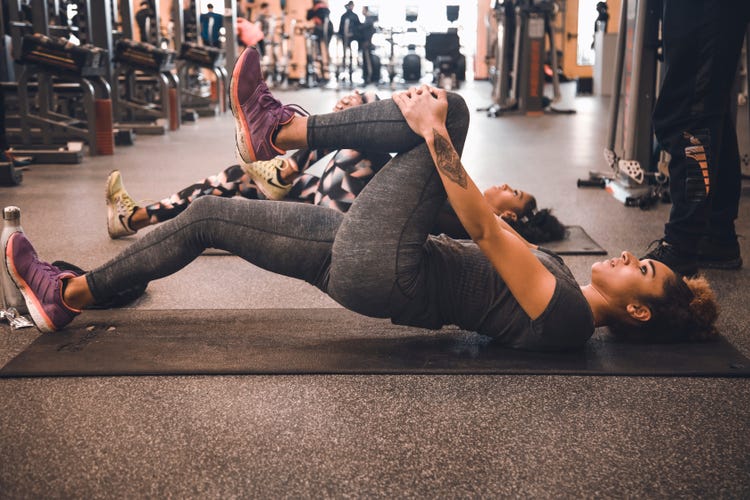News Flash: Aspirin Risk for Seniors, Kick-Starting Fitness Safely, the Liking Gap

Every week, we’re bringing you a roundup of the latest health and wellness news to hit the wire. This week, we look at the risk daily aspirin may pose for seniors, the right way to ease back into a fitness routine, and new research that shows you’re more likable than you think.
Should seniors hold off on the daily aspirin?
Taking low-dose aspirin daily may carry more risks than benefits for those 70 and older, reports a new study in the New England Journal of Medicine.
According to this ABC News story, aspirin—known to fight heart disease in those at risk—did not improve longevity or reduce the incidence of dementia or disability in the 19,000 healthy seniors in the U.S. and Australia studied by Melbourne-based Monash University.
However, a daily dose of aspirin did carry a slightly higher risk of bleeding in the digestive tract and brain, and most concerning, an increased risk of death from cancer.
The incidence of death (from any cause) in the those studied during a five-year period was 5.9 percent in the aspirin group and 5.2 percent in the placebo group. Cancer was the major contributor to higher mortality, with 3.1 percent of the aspirin users dying, compared with 2.3 percent for those not taking it.
The authors caution that more research is needed because the increased death rate was relatively small, but some say this might be enough evidence to recommend against starting low-dose aspirin if you’re older than 69. Talk to your doctor before making any decisions about it.
Not overdoing fitness when it’s been a while
It’s that time of year again when people are jumping back into fitness after taking much of the long, hot summer off. And that can mean an increased risk of injury for those trying to do too much too soon.
Trainers and exercise physiologists in this Washington Post dished out tips for progressing safely without subjecting your body to undue stress.
For newbies or those who have been away six months or more, small and frequent doses of movement are the best bet, says Washington, D.C.–based personal trainer Elizabeth Brooks. Start with light cardio for 20 minutes three times a week, plus resistance training for 20 minutes, twice a week, as well as 10 minutes a day of stretching, which equals 150 minutes of movement a week, mirroring government recommendations.
For those who have been away for only a short while or have been semi-active recently, Brooks suggests doing the same activities as before, just at a decreased intensity or weight.
Runners, for their part, should increase their distance or duration no more than 10 percent each week, says exercise physiologist Max Prokopy of the University of Virginia School of Medicine SPEED Clinic. Golfers, he says, should likewise limit their increase in game time to no more than 20 percent each week.
Weights require a more gradual approach. A 10 percent gain here could be too much, Prokopy says. If you can maintain good form throughout your routine and it doesn’t feel particularly challenging or leave you sore the next day, it could be time to up the ante.
They like you, they really like you
Insecure about how you come off to others? The good news is people tend to like you more than you think, according to new research published in the journal Psychological Science and summarized in Time.
People often suspect that they like others more than others like them, says Gus Cooney, Ph.D., a social psychologist at Harvard University who co-wrote the paper.
When Cooney’s researchers ran a series of experiments in which people met and talked for the first time and then rated the conversational performances, people consistently rated their partners as more likable and fun to talk to than they had rated themselves.
What drives this “liking gap” between what we think and what is actually true? For one thing, Cooney says, we may be so focused on our own side of the conversation that we can’t pick up on how others are really feeling. In the absence of that information, we project our own negative feelings about ourselves onto others.
Photo credit: Justyn Warner, Unsplash